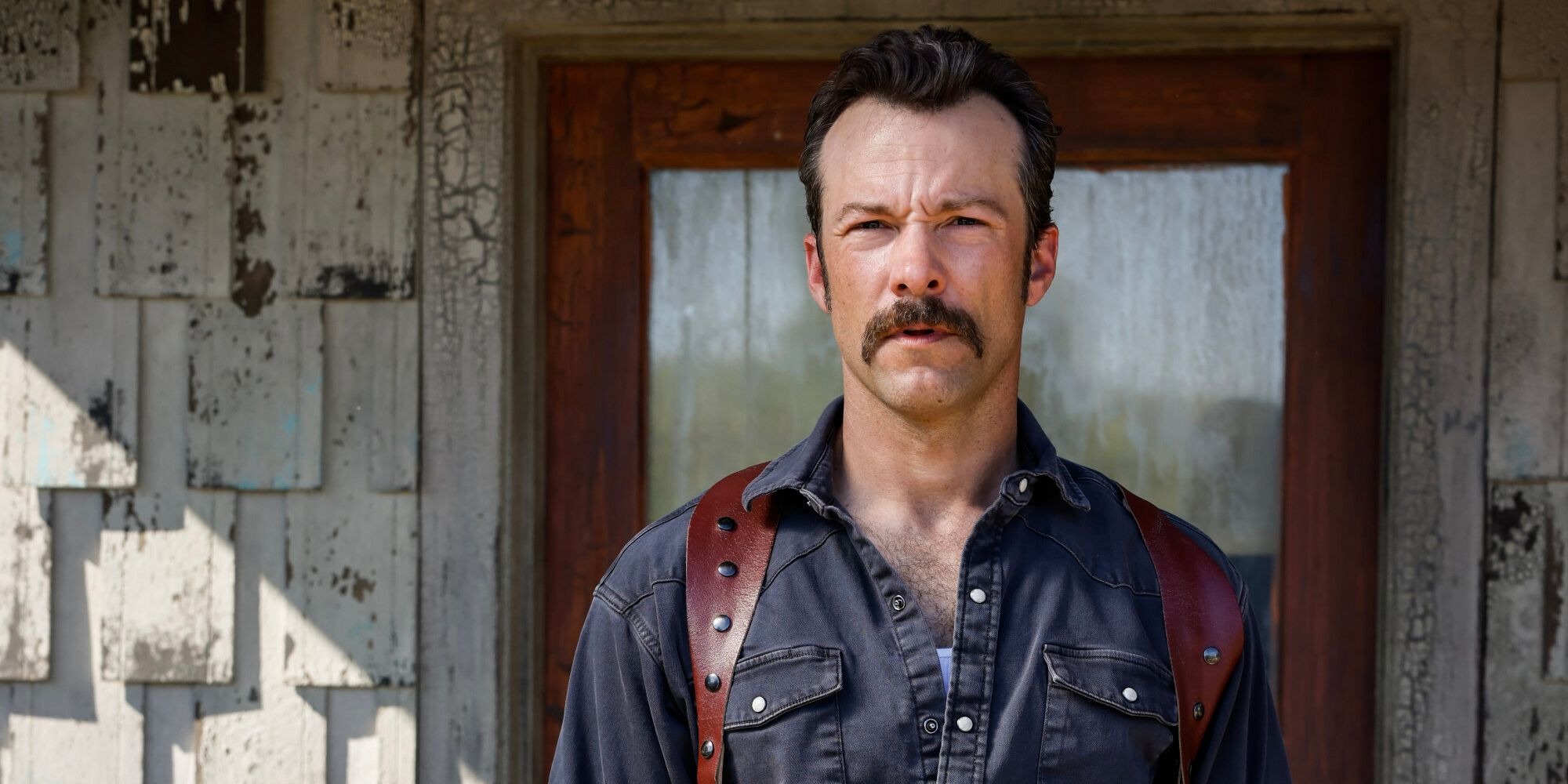
Introduction: A Franchise in Transition
Let’s face it—NCIS isn’t just a show. It’s a television institution. For two decades, the naval crime drama has held its ground with a loyal fanbase, spinoffs, and some unforgettable characters. But change was inevitable. And this fall, NCIS made its boldest move yet—one that could turn out to be the franchise’s smartest decision in years.
So, what exactly changed? And why is it being hailed as a potential game-changer? Let’s dive deep into what this massive shift means for NCIS, the fans, and the future of the franchise.
What’s the Big Fall Change Everyone’s Talking About?
The biggest buzz surrounds the launch of NCIS: Origins—a prequel series centered on a young Leroy Jethro Gibbs. Set in the early 1990s, the series brings fans back to where it all began, showing us a younger, rawer version of the man we came to love.
But that’s not all. The mainline NCIS series also introduced major cast adjustments, including new faces and a heavier focus on ensemble storytelling, shifting away from its past formula.
Why a Prequel Series Was the Right Move
A Fresh Start Without Erasing the Past
Prequels can be risky—they can mess with continuity or feel like nostalgia bait. But NCIS: Origins feels different. Instead of trying to replace the original, it’s filling in the blanks, giving depth to characters we thought we already knew. Think of it as opening a long-lost chapter in your favorite book.
Reintroducing Gibbs: The Power of a Familiar Name
By centering NCIS: Origins on Gibbs—played by Austin Stowell instead of Mark Harmon—the show taps into a character with deep emotional roots. Fans know Gibbs. They trust Gibbs. Exploring his early career builds natural curiosity and promises layered storytelling.
And let’s not ignore the big deal: Mark Harmon is still involved—this time as narrator and executive producer. That lends the show both credibility and continuity.
New Cast, New Dynamics: A Revitalized Team
Why the Main Show Needed a Shake-Up
In the flagship NCIS, longtime viewers have noticed a stronger emphasis on character development and tighter group chemistry. With veterans like Sean Murray (McGee) stepping into mentorship roles, and fresh recruits energizing the screen, it feels like the show is finally leaning into evolution rather than repetition.

Addressing the Elephant in the Room: Is NCIS Too Old to Change?
That’s a fair question. When a series crosses the 20-year mark, reinvention is often met with skepticism. But the fall changes suggest that NCIS isn’t just clinging to its past—it’s future-proofing itself.
Imagine a sports team rebuilding with younger talent while still keeping their all-stars. That’s what NCIS is doing now.
Behind-the-Scenes Brilliance: Writers Lean Into Legacy
The fall overhaul isn’t just about on-screen faces. Behind the camera, the NCIS writing room has embraced a more serialized format, building longer arcs that give characters room to breathe.
In a way, they’ve taken a page from modern prestige dramas—something NCIS avoided for years. That decision is paying off.
Fan Response: Is Everyone on Board With These Changes?
Not surprisingly, the reaction is mixed—but trending positive. Longtime fans were nervous about messing with a winning formula, but early responses to NCIS: Origins have been strong.
Message boards and social media are filled with fans calling the series “a return to roots” and praising the “fresh energy” it brings to the franchise.
Mark Harmon’s Involvement: Why It Matters More Than You Think
Having Harmon involved—even just narrating—is huge. It acts as a stamp of approval. It tells fans: This is still the NCIS you know, just a different chapter.
His presence also adds gravitas to Origins, linking the new show directly to the legendary run of the original.
The Spin-Off Strategy: Franchise Expansion Done Right
Let’s not forget: CBS has tried spinoffs before with NCIS: Los Angeles and NCIS: New Orleans. Some were hits, others fizzled. But Origins feels different because it’s rooted directly in the DNA of the flagship show.
Instead of creating something parallel, they’re creating something foundational.
Character-Centric Storytelling: The Franchise Evolves
Both the flagship and the prequel are doubling down on character arcs. Instead of one-off villains and procedural beats, we’re getting deeper dives into motivation, trauma, and growth.
This shift aligns with what modern audiences crave: not just action, but emotional stakes.
The Power of Nostalgia and Discovery
NCIS: Origins hits a sweet spot. It draws in longtime fans who want more Gibbs backstory and invites newcomers who may have felt overwhelmed by 20 seasons of history.
It’s a brilliant gateway for new audiences while offering a treasure trove for the die-hards.
Streaming-Friendly Storytelling: Binge Worthy by Design
Another big reason this change works? Binge-ability. The new format of Origins feels designed for streaming, with tighter narratives and cliffhanger endings that keep viewers clicking “Next Episode.”
It’s a strategic pivot that recognizes where audiences are now consuming content—and how they expect it to be delivered.
Why Timing Is Everything: The Fall Window Advantage
Launching the prequel during the fall was genius. It capitalized on viewer demand during premiere season and gave fans something new while other shows struggled with post-strike production gaps.
The move positioned NCIS as one of the most talked-about franchises of the season—again.
The Future of the Franchise: What Happens Next?
If NCIS: Origins continues to perform, don’t be surprised if more character-centric prequels follow. Imagine shows exploring Abby’s early forensic work, or young Ducky in the U.K. intelligence world. The potential is endless.
Conclusion: Sometimes Change Is the Best Kind of Tradition
NCIS has survived for over 20 years because it knows how to adapt. The biggest fall change—launching NCIS: Origins and revamping the flagship—might have been risky, but it was also necessary.
It’s proof that even TV legends can reinvent themselves. And sometimes, that reinvention turns out to be exactly what the audience didn’t know they needed.
FAQs
1. What is NCIS: Origins about?
NCIS: Origins is a prequel series focused on a young Leroy Jethro Gibbs, showcasing his early days in the NCIS agency during the 1990s.
2. Is Mark Harmon coming back to NCIS?
Mark Harmon narrates NCIS: Origins and serves as executive producer, but he’s not returning in an on-screen role—at least for now.
3. Are there other NCIS spinoffs in the works?
While nothing official has been confirmed beyond Origins, CBS executives have hinted at exploring more character-focused prequels or side stories.
4. How are fans reacting to the fall changes in NCIS?
Fan reception has been largely positive, with many praising the fresh energy, character development, and Mark Harmon’s continued involvement.
5. Where can I watch NCIS: Origins?
The series airs on CBS and streams on Paramount+, making it easily accessible for both live and on-demand viewing.